Country Report Summary
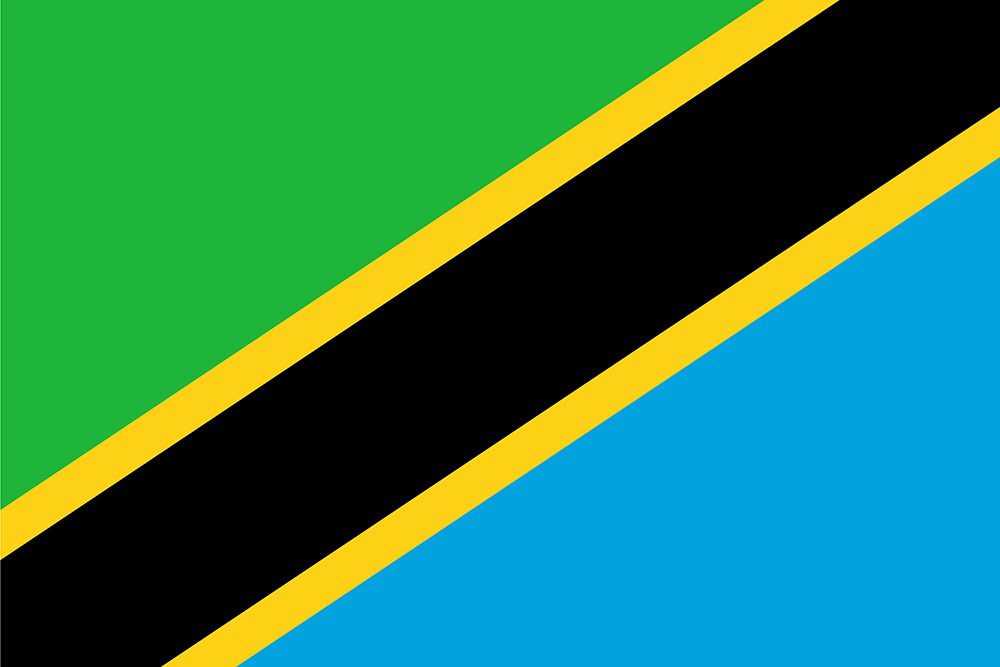
Tanzania
Anti Money Laundering
FATF status
Tanzania is on the FATF List of Countries that have been identified as having strategic AML deficiencies.
Latest FATF Statement - 21 February 2025
In October 2022, Tanzania made a high-level political commitment to work with the FATF and ESAAMLG to strengthen the effectiveness of its AML/CFT regime. At its February 2025 plenary, the FATF made the initial determination that Tanzania has substantially completed its action plan and warrants an on-site assessment to verify that the implementation of AML/CFT reforms has begun and is being sustained, and that the necessary political commitment remains in place to sustain implementation in the future.
Tanzania has made the following key reforms: (1) improving risk-based supervision of FIs and DNFBPs, including by conducting inspections on a risk-sensitive basis and applying effective, proportionate, and dissuasive sanctions for non-compliance; (2) demonstrating authorities’ capability to effectively conduct a range of investigations and prosecutions of ML in line with the country’s risk profile; (3) demonstrating that LEAs are taking measures to identify, trace, seize, and confiscate proceeds and instrumentalities of crime; (4) conducting a comprehensive TF Risk Assessment and begin implementing a comprehensive national CFT strategy as well as demonstrating capability to conduct TF investigations and pursue prosecutions in line with the country’s risk profile; (5) increasing awareness of the private sector and competent authorities on TF and PF-related TFS; and (6) carrying out the TF risk assessment for NPOs in line with the FATF Standards and using it as a basis to develop an outreach plan.
Compliance with FATF Recommendations
The last follow-up Mutual Evaluation Report relating to the implementation of anti-money laundering and counter-terrorist financing standards in Tanzania was undertaken in 2024. According to that Evaluation, Tanzania was deemed Compliant for 7 and Largely Compliant for 13 of the FATF 40 Recommendations. It remains Highly Effective for 0 and Substantially Effective for 0 of the Effectiveness ratings.
Sanctions
There are no international sanctions currently in force against this country.
Bribery & Corruption
Rating: 0 (bad) - 100 (good)
Transparency International Corruption Index = 41
World Bank: Control of Corruption Percentile Rank = 44
Tanzania has established laws and institutions to combat corruption, including the Prevention and Combating of Corruption Bureau and the Ethics Secretariat, but corruption remains a significant issue across various sectors. Despite efforts such as the National Anti-Corruption Strategy and the implementation of electronic services to limit human interaction, public perception of corruption is still high, with Transparency International scoring Tanzania 38 out of 100 for corruption perception in 2022. Critics argue that while initiatives exist, deeper structural issues continue to allow corruption to thrive, impacting investment and governance.
Economy
Tanzania achieved lower-middle income country status in July 2020, supported by two decades of sustained economic growth and a diverse economy resilient to external shocks. Despite facing challenges from global crises, the economy is recovering, with growth projected to reach 5.4 percent in 2024, aided by sound fiscal policies and rich natural resources.
Tanzania’s investment climate is characterized by a government that actively welcomes foreign direct investment (FDI) while facing challenges such as regulatory bureaucracy, inconsistent tax administration, and land acquisition issues. Recent reforms, including the 2022 Investment Act, aim to enhance the investment environment by streamlining processes and improving coordination among government agencies. However, significant legislative obstacles remain, particularly in sectors like mining and natural resources, which continue to deter potential investors.
Country Report Summary

Malaysia
Malaysia is not on the FATF List of Countries that have been identified as having strategic AML deficiencies.

Singapore
Singapore is not on the FATF List of Countries that have been identified as having strategic AML deficiencies.

Brunei
Brunei is no longer on the FATF List of Countries that have been identified as having strategic AML deficiencies.
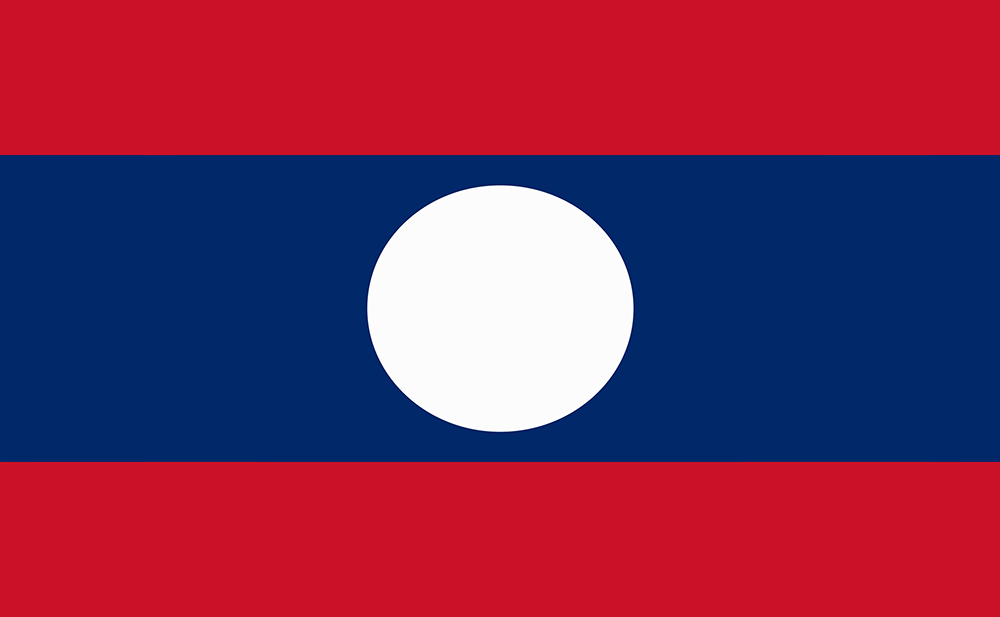
Laos
Laos is on the FATF List of Countries that have been identified as having strategic AML deficiencies.

Philippines
Brunei is no longer on the FATF List of Countries that have been identified as having strategic AML deficiencies.

Cambodia
Cambodia is no longer on the FATF List of Countries that have been identified as having strategic AML deficiencies.

Vietnam
Vietnam is on the FATF List of Countries that have been identified as having strategic AML deficiencies.

Myanmar
Myanmar is subject to a FATF call on its members and other jurisdictions to apply enhanced due diligence measures proportionate to the risks arising from the jurisdiction.

Timor-Leste
Timor-Leste is not on the FATF List of Countries that have been identified as having strategic AML deficiencies.
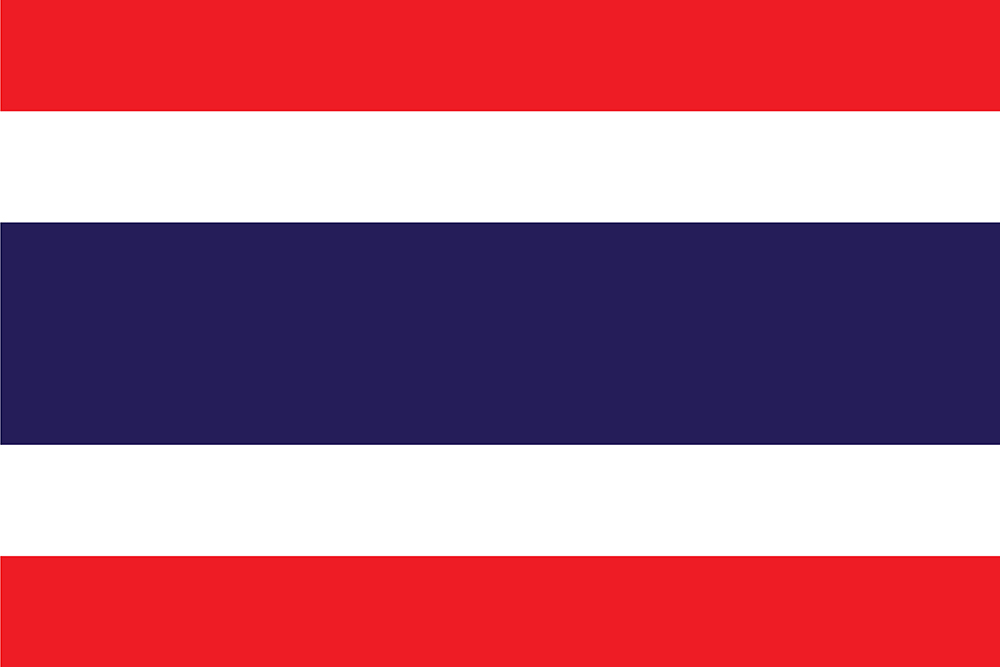
Thailand
Thailand is no longer on the FATF List of Countries that have been identified as having strategic AML deficiencies.

Indonesia
Indonesia was removed from the FATF List of Countries that have been identified as having strategic AML deficiencies on 26 June 2015.

Morocco
Morocco is no longer on the FATF List of Countries that have been identified as having strategic AML deficiencies.

Tanzania
Tanzania is on the FATF List of Countries that have been identified as having strategic AML deficiencies.
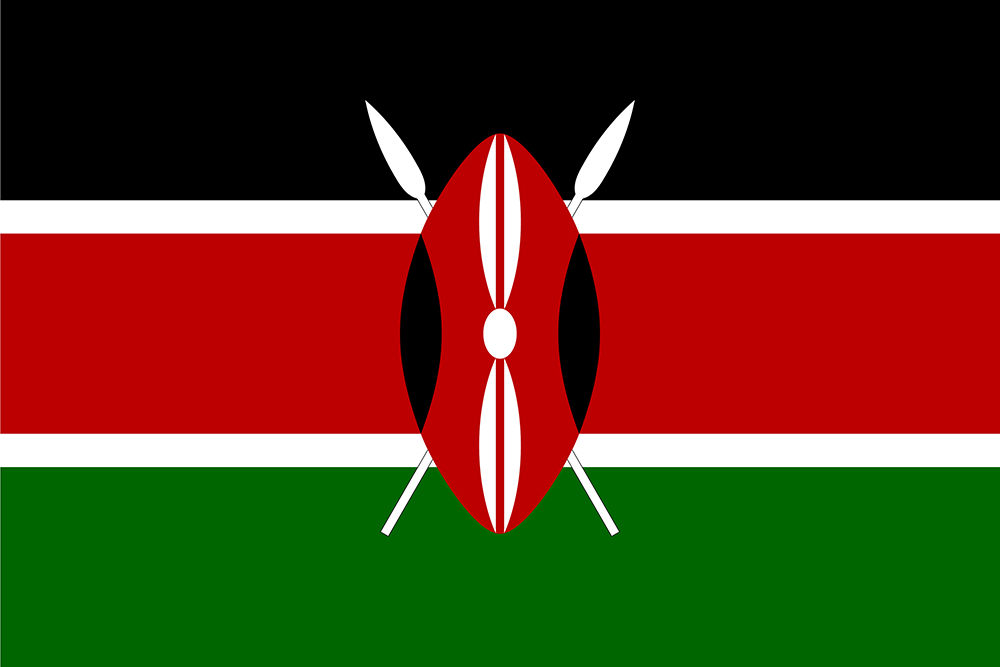
Kenya
Kenya is on the FATF List of Countries that have been identified as having strategic AML deficiencies.
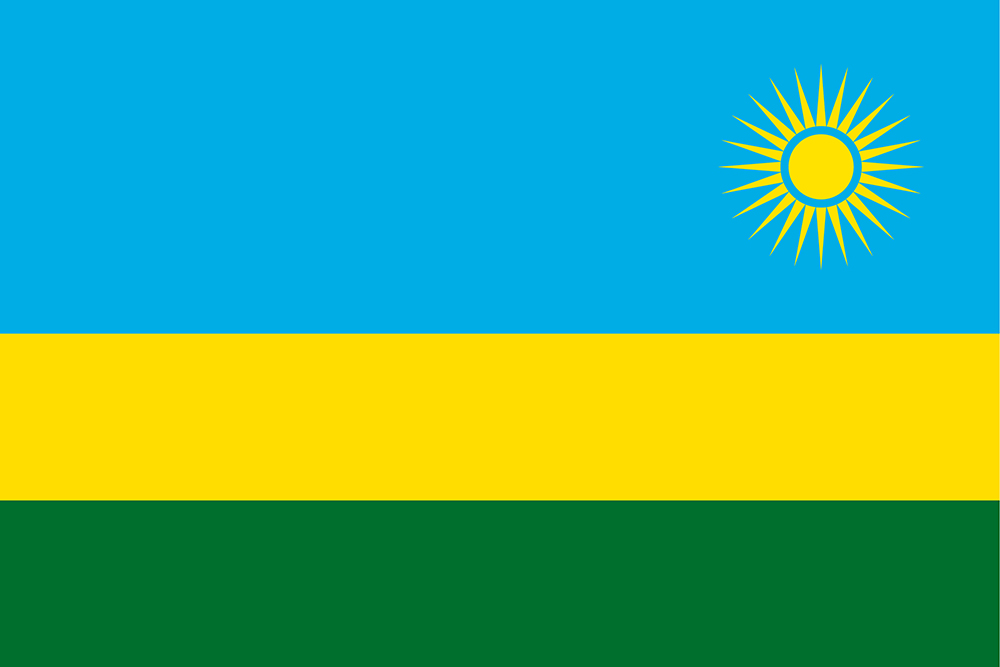
Rwanda
Rwanda is not on the FATF List of Countries that have been identified as having strategic AML deficiencies.

Taiwan
Taiwan is not on the FATF List of Countries that have been identified as having strategic AML deficiencies.

Hong Kong
Hong Kong is not on the FATF List of Countries that have been identified as having strategic AML deficiencies.
